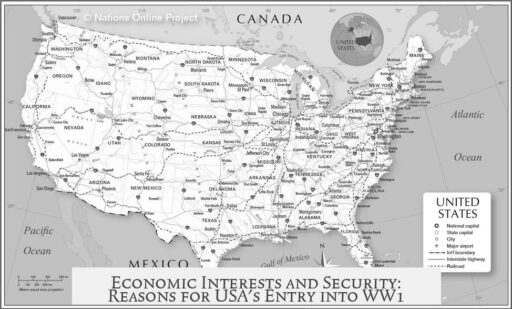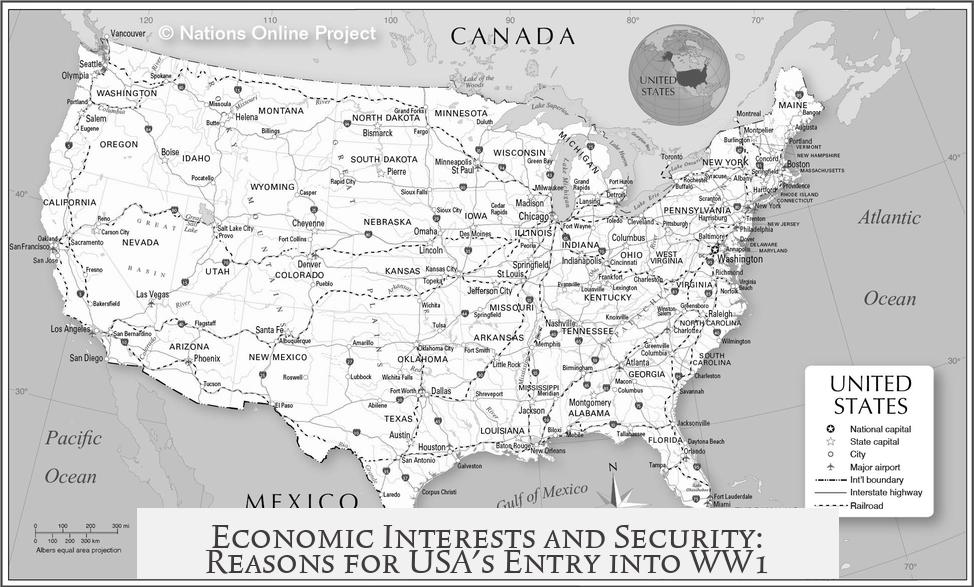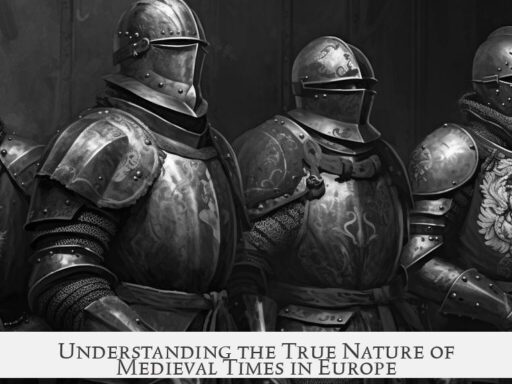The United States entered World War I primarily due to economic interests and security concerns linked to Germany’s unrestricted submarine warfare, rather than the widely believed reasons such as the sinking of the Lusitania or the Zimmerman Telegram.
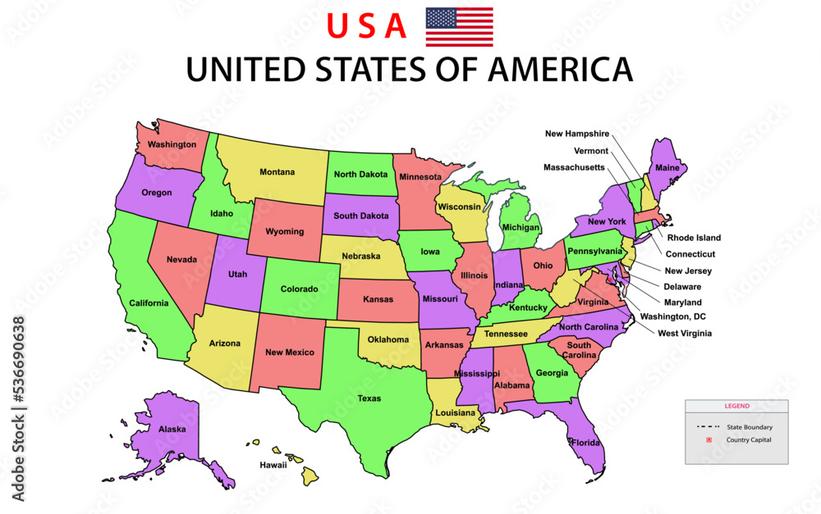
At the war’s outbreak in 1914, the US maintained an isolationist policy. The government deliberately avoided entanglement in European conflicts. President Woodrow Wilson sought to promote peace diplomatically. In 1916, his emissary Colonel Edward House tried mediating peace talks between the Allies and Germany. Meanwhile, American public opinion remained sharply divided over involvement.
- Ethnic German-Americans favored neutrality, reflecting cultural ties.
- Irish Americans opposed supporting Britain due to historical resentment.
- Pro-British factions, including influential WASP elites, pushed for support of the Allies.
Due to these opposing views, no dominant consensus for war existed in the U.S. until 1917. This explains why America officially maintained neutrality for the first three years of the conflict.
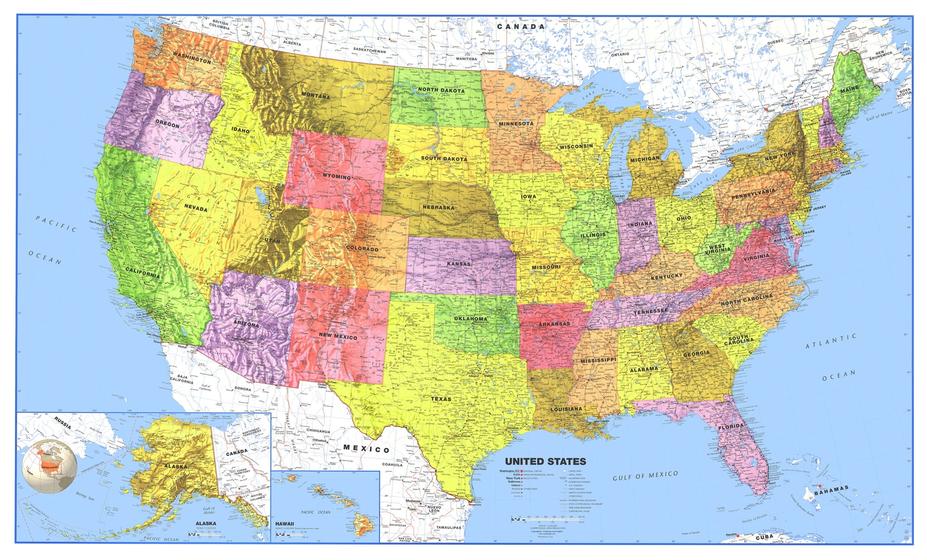
The sinking of the British ocean liner Lusitania in 1915 does not fully explain America’s entry. Although it caused public outrage, historians argue the uproar focused more on the legal issues rather than the loss of life. The Lusitania secretly carried munitions, giving Germany a military justification for its attack. As a result, Germany temporarily limited its submarine warfare, adopting cruiser warfare rules to avoid antagonizing the US further.
More critical to the U.S. decision was the economic dimension of the war. Despite official neutrality, America’s vast commercial ties aligned it closely with the Allies. Britain and France depended heavily on American goods and credit to sustain their war efforts. Due to the British naval blockade of Germany, US goods could not reach German markets, which naturally tilted trade and political sympathies toward the Allied powers.
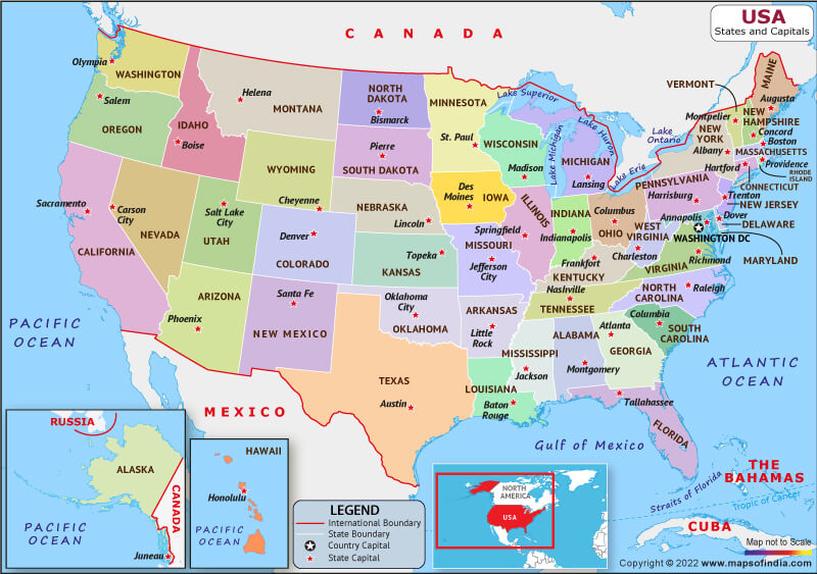
This blockade fostered economic entanglement. Michael Howard, a noted historian, summarized this viewpoint:
“An increasing amount of American business became tied to supplying war materials to the Allies, not necessarily out of ideological sympathy, but because those goods could not be shipped to Germany. If this trade was interrupted, the war would become a direct concern for America.”
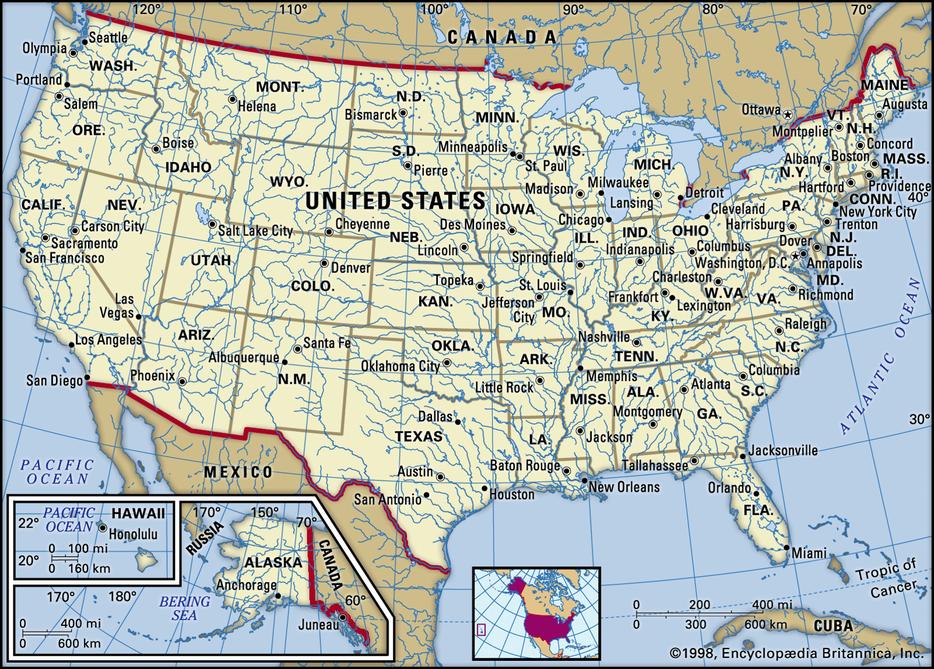
German unrestricted submarine warfare threatened this trade flow. The resumption of unrestricted attacks in early 1917 endangered American merchant ships and commercial interests. The U.S. government feared that continuing disruptions might forcibly draw America into the conflict.
Revisionist and New Left historians have emphasized that concerns over economic security and protection of commercial interests largely motivated government actions. Key advisers and business leaders feared a German victory would threaten America’s expanding economic role on the world stage. Protecting maritime trade became a strategic imperative.
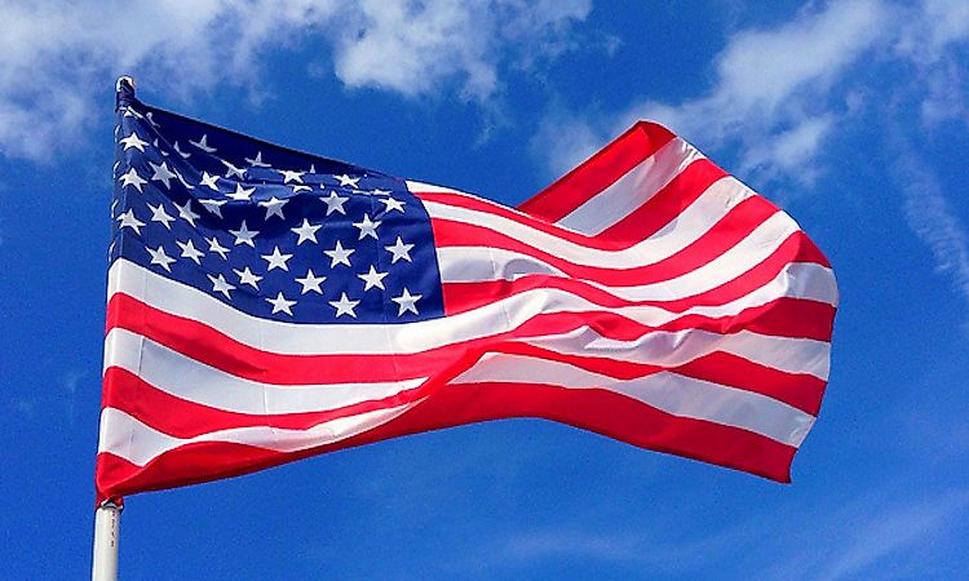
The commonly taught narrative—that the Zimmerman Telegram, which proposed a German-Mexican alliance, was a tipping point—is largely overstated in academic scholarship. Leading historians like Michael S. Neiberg spend minimal time on the Telegram relative to broader economic and strategic factors. The Telegram contributed to public opinion but did not alone decide U.S. entry.
In summary, the U.S. moved toward war as:
- German unrestricted submarine warfare increasingly menaced commerce and security.
- Economic ties with the Allies deepened, making neutrality less viable.
- Diplomatic options for peace mediation failed amid escalating hostilities.
- Public opinion shifted gradually due to reported German atrocities and threats to trade.
These factors combined pressed the Wilson administration to ask Congress for a declaration of war in April 1917, marking America’s formal entry into World War I.
| Factor | Description | Impact on US Entry |
|---|---|---|
| Economic Considerations | US banks and manufacturers heavily financed Allies; British blockade limited German trade. | Created strong economic incentives to side with Allies and protect trade. |
| German Unrestricted Submarine Warfare | Threatened American vessels and commerce. | Escalated tensions, risking forced involvement in conflict. |
| Public Opinion & Diplomacy | Mixed views slowed entry; Wilson’s peace efforts failed. | Delayed war decision until security and economic threats mounted. |
| Lusitania & Zimmerman Telegram | Triggered public attention but limited long-term influence. | Secondary factors, overrated in popular histories. |
Key takeaways:
- Economic and security concerns outweigh popular narratives about Lusitania or Zimmerman Telegram in explaining U.S. entry to WWI.
- American neutrality was complicated by deep economic ties to Allied nations and British maritime dominance.
- German unrestricted submarine warfare posed a direct threat to American commerce and pushed the nation toward war.
- Historiographical consensus since the 1960s downplays earlier popular explanations and emphasizes economic security interests.
Why Did the USA Really Enter WW1?
The USA did not jump into World War 1 on a whim after the Lusitania sinking or the Zimmerman Telegram reveal. The reasons run deeper, mostly rooted in economic interests and the shifting tides of public opinion, mixed with tangled politics and diplomacy. So, why did America really enter WW1? Let’s unpack the story beyond the headlines.
First off, the usual suspects — the sinking of the Lusitania in 1915 and the infamous Zimmerman Telegram of 1917 — get a lot of airtime, but historians raise a skeptical eyebrow at how much those events influenced the final decision. Academic research since the 1960s largely downplays their importance.
Michael S. Neiberg, a respected historian, spends just about ten minutes on the Zimmerman Telegram and even less on the Lusitania. Meanwhile, popular history keeps replaying them like they’re blockbuster movies.
Why? Because these events, while dramatic and newsworthy, don’t tell the full tale. The Lusitania was sunk two full years before the U.S. declared war. The Telegram, a secret German document proposing a Mexico-Germany alliance, shocked the public but wasn’t the decisive factor either.
Instead, let’s rewind to 1914. The world enters a massive conflict, and America chooses isolationism. That means no interfering with Europe’s mess, thank you very much. President Wilson tries to keep this neutrality intact. He even sends his envoy, Colonel Edward House, to try peace talks between Allies and Germany in 1916.
Back home, Americans aren’t united on the war. Ethnic German-Americans lean toward staying out. Irish voters, bitter about British rule, oppose Britain’s side. Yet, influential voices like business leaders and WASPs (White Anglo-Saxon Protestants) often side with the Allies.
Neither camp had a majority, so staying neutral made political sense—and kept the country from tearing itself apart.
However, reality pokes holes in neutrality. German forces commit brutality, like leveling the Belgian town of Leuven, stirring outrage among Americans. More impactful is Germany’s “unrestricted” submarine warfare. Picture this: merchant ships sinking, vital goods lost, and America’s trade routes becoming perilous.
The Real Shock: Economic Stakes Put on the Table
If we zoom in on the true engine behind America’s shift, it’s the economy. While politically neutral, the U.S. had strong economic ties to the Allied side. France and Britain depended heavily on American goods and credit to keep fighting. Meanwhile, the British naval blockade cut off German access to these American supplies, naturally tilting trade toward the Allies.
So, was America trading on the sidelines, waving from the neutral bench? Not quite. This wasn’t about ideological loyalty to the Allies. It was much more pragmatic than that: the U.S. economy was thriving on this trade, and losing it wasn’t an option.
Historian Michael Howard sums it up: “If that trade were interrupted, then the war would become their business, whether they like it or not.” In simple terms, if a blockade or German attacks threatened American business, staying out was a fantasy.
The Lusitania is another economic factor. Although it was secretly carrying munitions, its sinking became a legal issue—not just a tragedy. Germany, wary of provoking America further, curtailed its aggressive submarine attacks for a time, switching to ‘cruiser warfare rules’.
When Germany resumed unrestricted submarine warfare in 1917, pushing the envelope dangerously close to American shores and interests, it reopened wounds and fears from both the public and government.
Beyond The Headlines: Revisionist Views and Economic Security
You might be wondering, is this all about money and trade? According to revisionist and New Left historians, yes—economic security concerns drove the US decision more than patriotism or outrage.
Key advisers and business figures feared a German victory. It could upset America’s growing economic power and threaten future trade. German submarine warfare specifically posed a direct threat to this economic expansion.
So, the decision to intervene wasn’t simply about a telegram or a sunken ship. It was about protecting America’s long-term interests and economic growth. War became a business imperative—whether the public initially liked it or not.
What Can We Learn From This?
Understanding why the USA entered World War 1 means peeling back popular myths and looking at economic realities and diplomatic chess moves. It also reminds us that public opinion and political calculations often dance together before major decisions.
For those curious about history’s twists, this deeper angle offers a fresh lens. If economic interests can pull a superpower into war, it’s worth asking: which contemporary global conflicts might have similar hidden drivers?
Besides, it highlights how messy and complex global affairs really are. World events rarely have a simple cause or a single villain. Instead, multiple factors, interests, and votes of public opinion collide to shape history’s course.
Summary Table: Why the USA Really Entered WW1
| Factor | Explanation |
|---|---|
| Isolationism & Neutrality | America initially avoids conflict due to policy and divided public opinion. |
| Public Opinion Shift | German atrocities and submarine warfare gradually changed American attitudes. |
| Lusitania Incident | Legal concerns over secret munitions cargo sway US diplomacy, causing restrictions on German submarine attacks. |
| Economic Interests | US tied economically to Allies; British blockade stops US-German trade, tilting economy naturally toward Allies. |
| German Submarine Warfare | Renewed unrestricted warfare threatens US trade and economic security, triggering calls for intervention. |
| Historiographical Consensus | Modern scholars emphasize economic and security concerns over popular myths like the Zimmerman Telegram. |
So the next time someone waggingly cites the Zimmerman Telegram as THE reason America joined the fight, you have a richer, sounder answer—and a great way to win your next pub quiz. Remember, history is rarely simple. It’s about choices made under pressure, with business and politics always at the heart.
